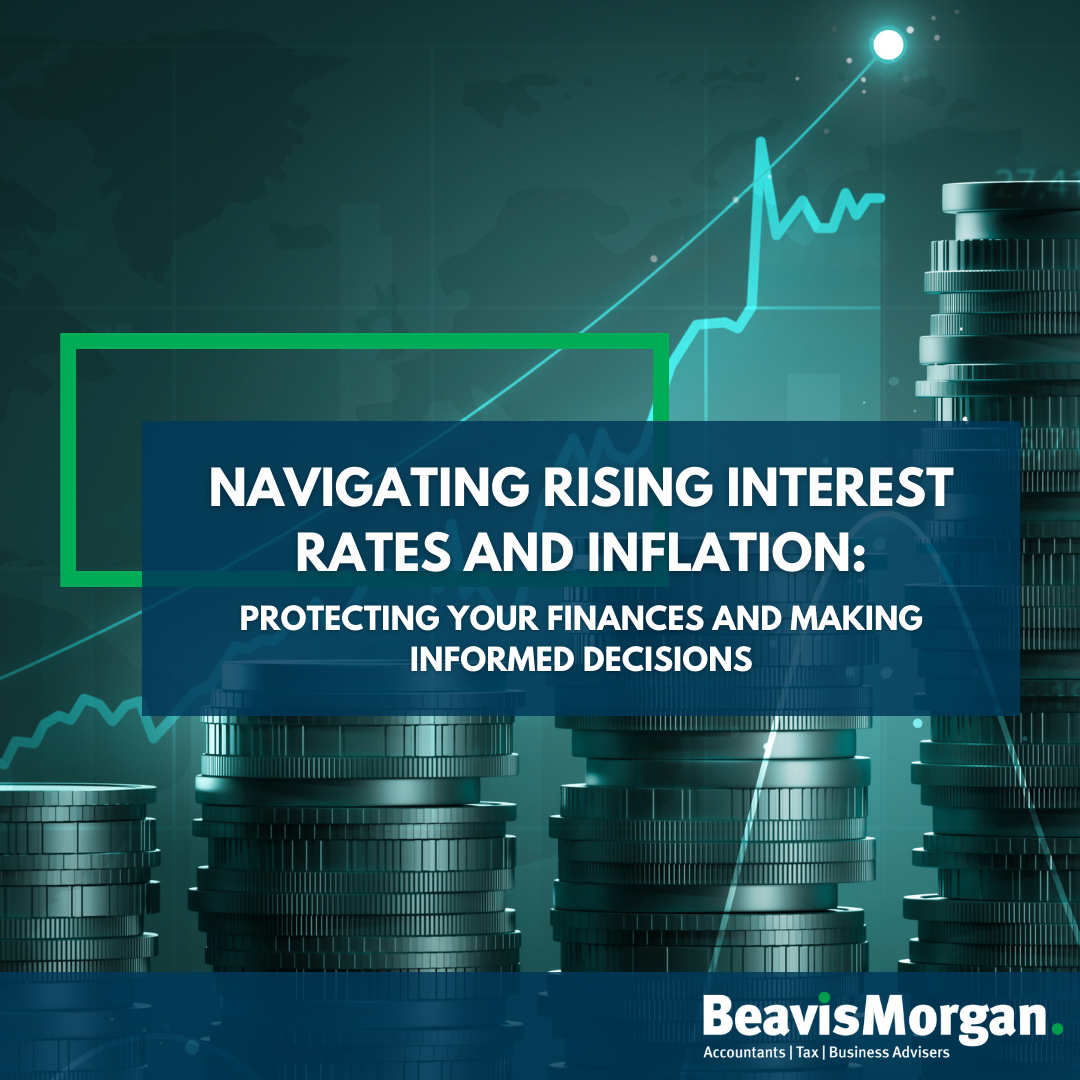The Bank of England (BOE) has implemented a half-point increase in interest rates, bringing it to 5 percent. This move came in response to growing concerns about persistent high inflation and calls for stronger measures to combat it. Andrew Bailey, the governor of the Bank of England, acknowledged that while the Bank expects inflation to decrease significantly this year, there are indications of its persistence.
Recent data revealed that inflation remained at 8.7 percent in the year leading up to May, failing to decline as initially anticipated. Bailey affirmed that the BOE believed it was necessary to raise rates. At face value, a 0.5 percent increase may not seem overly drastic, and it still leaves the UK with a bank rate lower than historical averages. Nevertheless, this decision is painful for those who have relied on cheap lending, especially considering that the Bank Rate was as low as 0.1 percent in December 2021.
The immediate impact will be felt by approximately 850,000 mortgage borrowers with tracker rate mortgages, who can expect to pay an additional £50 per month on average. Individuals with fixed-rate mortgages, where the interest rate remains unchanged for a specified period, will not experience an immediate increase. However, they should prepare for a significant rise in repayments if their fixed-rate period is nearing its end. Overall, this rate hike implies that purchasing a home will become more expensive.
Earlier this year, experts who predicted a recession also expected house prices to decline with rising interest rates. While there have been minor fluctuations in the housing market, the anticipated price falls have not materialised. As these pundits have demonstrated, predicting the future is challenging. However, it seems reasonable to assume that this recent rate hike will not be the one to bring about a change in the situation. The shortage of housing and a more positive economic outlook suggest that a collapse in house prices is unlikely.
If inflation does not ease as anticipated, further increases in the base rate may become necessary. Some forecasts even suggest that the Bank of England base rate could exceed the current 5 percent.
To safeguard long-term finances and combat inflation, here are some recommended actions:
Protect your retirement income: Inflation significantly impacts the longevity of retirement savings. Over time, an income that initially seems sufficient can become insufficient due to inflation. Consider opting for an inflation-linked annuity that provides a smaller income initially but increases over time. Alternatively, a drawdown pension allows for more flexibility but requires careful management to avoid running out of funds.
Avoid locking your cash savings away: While higher inflation leads to an increase in the Bank Rate and potentially benefits savers, current savings rates are still far from matching inflation. Shop around for the best savings rates and avoid long-term commitments that might cause you to miss out on improved rates in the near future.
Review your investment strategy: Investing in assets that appreciate in value can be more rewarding than saving in an inflationary environment. While cash savings lose value due to inflation, certain investments can benefit. Bonds become less attractive during inflationary periods, but index-linked bonds provide interest that rises with inflation. Industries such as oil and mining tend to fare well during inflation, while retailers and supermarkets may struggle to increase prices. Seek expert advice to tailor your investment approach to inflationary conditions.
Secure a low-rate mortgage before rates rise: To mitigate the impact of increasing interest costs and ensure homeownership remains viable, aim to secure the lowest mortgage rate available for the longest fixed-rate period possible.
Seek expert assistance: Managing finances during inflationary times can be challenging, but the task becomes more manageable with the help of financial experts. Consider reaching out to professionals like Beavis Morgan for guidance.
Please note that the advice provided is general in nature, and individuals should consult with their own financial advisors for personalised recommendations based on their specific circumstances.
For more information, contact your usual Beavis Morgan partner or email info@beavismorgan.com.

